Imagine kneeling to pick up your doggo's number two, only to notice creepy crawlies in the crappy doodies. Needless to say, it's not the best sight. But as unnerving as they may be, worms in our dog's poop are not uncommon - especially if Fido is always out and about.
Indeed, prevention is always better than cure. If you can't prevent it, getting rid of the unwelcome guests should be fine. To help you deal with the worms in your dog's poop, here's a detailed guide to all the signs and types of worms and measures you should take to eliminate the pesky parasites.
Signs of worms
Bloody or mucousy diarrhea
Bloody or mucousy diarrhea in dogs might be due to one of many health issues. These include stress, toxins, viral infections, and worms. Hookworms, for instance, often attach themselves to your dog's intestinal wall and feed off it, leading to blood and mucus in the droppings. Unfortunately, these worms are microscopic and difficult to see with the naked eye. But a quick exam at the veterinarian can show you the worms in your dog's poop.
Vomiting
Another sign of worms in a dog is vomiting. Even though vomiting is not only caused by worms, chances are the tiny parasites are obstructing Fido's gastrointestinal tract, causing it to vomit. Your best bet is to take a sample of your dog's poop to the vet for examination and hope to find out what's wrong with your canine companion.
Weight loss or failure to gain weight
Is your pup eating normally and maybe even more than usual but still losing weight rapidly? Chances are it has worms (usually a tapeworm or whipworm). The reason behind the weight loss is simple; the parasites feed on the nutrients in your dog's body. No matter how much your pup eats, it will still feel hungry as its body is not getting the nourishment it needs. If you see noticeable weight loss in your pup, you'll want to visit the vet as soon as possible.
Bloated abdomen
You might notice Fido's abdomen bloated before you find worms in your dog's poop. The belly will still be soft, and your pup will not complain of any pain when you rub it - and that, too, should be cause for concern. If you notice these symptoms, consider getting your dog's poop tested for worms.
Poor hair coat
Has your pup been losing a lot of hair? Does its fur look unhealthy? Should you realize that hair loss is beyond normal, don't hesitate to check in with the vet. Internal parasites absorb the nutrients in your dog's body, causing malnutrition and excessive hair loss. If the problem persists, chances are you'll soon find worms in your dog's poop since they won't hide forever.
Types of worms in dog poop
Roundworms
Roundworms in dog poop are among the common types of worms in dogs. These parasites live in your pup's intestines and feed on all the nutrients. You're likely dealing with roundworms if you see small bits that look like noodles in your dog's poop.
It's typical to see long worms in your dog's poop once the parasites get comfortable in your four-legged friend's body. But seeing live worms in your dog's poop isn't all you'll encounter with this parasite. Your dog may start vomiting, have diarrhea, and develop a bloated abdomen. It's also worth mentioning that certain types of roundworms can also transmit to humans, so be cautious when handling the situation and get Fido treated as soon as possible.
Tapeworms
The human eye can easily see the tapeworm, another type of worm. If you see flat or thick worms in the dog's poop, you can be sure this is the case. This type of worm in your dog's poop is hard to avoid, as it enters the body through infected fleas or wild animals.
The rice-like worm in the dog poop results from your dog passing small tapeworm segments out. When the infected organism contaminates the body, the tapeworm's egg hatches and attaches to the dog's intestinal lining. Luckily, tapeworms in dog poop are easy to notice, and they even force your dog to hurry while moving around, so you won't miss the signs.
Hookworms
One of the more severe types of worms in dog poop is the hookworm, especially if the parasite finds its way into a little pup's body. Hookworms are extremely tiny but ingest large amounts of blood once attached to the dog's intestinal wall, which can cause anemia.
An infected pup can pass hundreds of hookworms in its stool, where it can survive for long periods. It risks other dogs ingesting them and getting infected themselves. The only way to detect hookworms is through a close microscopic examination, so check your furry friend regularly. It's also a good idea to always pick up Fido's droppings immediately.
Whipworms
Whipworms are the most difficult to deal with of all the different types of worms in dog poop. They're not easy to find in a clinic, let alone with the naked eye. These worms live in the cecum and colon, passing their eggs into your pup's feces. They can live up to five years in warm and moist environments, so your dog can quickly ingest them through an infected dog's stool and contaminated soil, water, food, and animal flesh.
Your dog won't show any symptoms in mild cases, but you'll see diarrhea, weight loss, and even anemia in more severe cases. The best course of action here is to take your dog for regular check-ups, and chances are you can prevent your dog from having more severe symptoms.
Worm colors in dog poop
The worm colors found in dog poop can vary depending on the specific species and the stage of their life cycle. Common colors observed in dog poop infested with worms include white, red, and yellow. These colors are typically associated with different types of worms, such as roundworms, tapeworms, and hookworms, etc.
It is important to note that the presence of worms is a clear sign of an underlying parasitic infection, which can negatively impact the health and well-being of Fido. If you notice any unusual colors or signs of worms in your dog's poop, it is advisable to consult a veterinarian for proper diagnosis and treatment.
White worms
White worms in dog poop are usually segments of tapeworms leaving your dog's body. You can usually easily spot them in Fido's feces, around its rear end, or where it sleeps. They are easy to notice since they look like small grains of rice or seeds. Your dog will often get them from fleas or wild animals, and they'll stick to your pup's intestinal lining, absorbing the nutrients your dog needs for growth and survival. If you notice any of the gruesome grains, take a sample of the poop to the vet and get it checked. De-wormers will quickly solve the issue at hand.
Red worms
Roundworms come in different shapes and sizes. If you see red worms in your dog's poop or even light brown worms in the dog poop, you're possibly looking at roundworms. These types of worms can enter your dog's body in many ways. For instance, They may get them from their mom or from having eaten something contaminated. If left untreated, these parasites can cause vomiting and diarrhea. You may also want to be extra careful because your dog can pass them on.
Yellow worms
Yellow worm in dog poop is tapeworm but in their dry form. The rice-like yellow specks you notice in your dog's poop might very well be segments of tapeworms. They can appear in your dog's feces, fur, or the area surrounding its anus. You'll also notice your furry friend scooting while moving around. Whether they are yellow or white, tapeworms are pretty easy to spot and treat as well.
What do you do if you find a worm in your dog's poop?
No matter how hard you try to keep your furry friend from ingesting worms, it's easy for the critters to find a way in. Even if you prevent your dog from eating soil or licking other dogs' poop, they may still get worms by self-grooming after their daily walk.
Does this mean that there's no way you can prevent it from happening? Not. Heartworm preventives, highly recommended due to the dangerous nature of heartworms, make it relatively easy to avoid them.
You usually won't see heartworms in your dog's poop because those parasites prefer the heart. Luckily, those preventives attack heartworms and any worm that may target your dog's intestines.
Even though prevention is the best cure, there's no definite way to ensure you won't ever see worms in your dog's poop. Fortunately, a quick trip to the veterinarian with a sample of your dog's number two will clear things up.
After a microscopic stool analysis and a physical examination, your vet will prescribe the right de-wormer. If your dog has other symptoms like vomiting, diarrhea, and anemia, a few extra medications like anti-diarrhea or antibiotics might also be necessary.
More Questions? We've Got Answers
How serious are worms in dog poop?
Worms in dog poop are no joke, especially if you have a young pup. The same goes if you notice weight loss, constant diarrhea, vomiting, anemia, or an unhealthy hair coat. While most cases are nothing to fear, certain situations may be fatal if left untreated - especially in puppies and dogs with compromised immune systems. You must take your dog to the veterinarian if you spot worms in your dog's poop.
How long do worms last in dog poop?
That creepy crawlies are bad news, but how long can a worm live in dog poop? Depending on their environment, certain worms, like whipworms, can live up to five years in dog poop. Worms usually prefer warm and moist environments. Given the optimal conditions, they'll thrive for months and even years. That is to say, always clean up after your dog to be on the safe side.
What kills worms in dog poop?
Unlike the often harmless worms in the human body, those in dogs can cause a lot of trouble. That's where deworming medications come in handy. These effectively eliminate every last worm in your dog's intestines. You'll typically need to administer the medicines twice to kill the adult worms - the second round a couple of weeks later to get rid of the newly developed ones.
Can I deworm my dog myself?
Superfoods like carrots, beetroots, bananas, coconuts, and papayas act like natural de-wormers. But it's best to rely on something other than these. The most surefire way to rid your pup of its intestinal parasites is through a vet's prescription medicine. In any case, avoid trying any remedies without consulting a vet.
Can I touch my puppy if he has worms?
Do you ever wonder whether it's safe to touch your dog or not if it has worms in its poop? It is a significant concern for most dog owners, as some of these worms are zoonotic (can be passed from dog to human). While petting is generally safe, you'll want to avoid being licked by your dog because you'll risk getting a parasite yourself.
The safest thing to do in this case is to take safety measures for you and Fido and head to the veterinarian for deworming treatment. Soon enough, you should be able to cuddle your furry friend again without worrying about any creepy crawlies.
What food causes worms in dogs?
It's not the food itself but what's living in and on the food that might lead to worms in your dog's poop. Worms - particularly tapeworms - thrive in the contaminated meats of intermediate hosts like pork, sheep, and beef. Tapeworms and roundworms can also come from fresh produce contaminated by dog stool and not carefully washed. It's worth adding that dogs with a diet high in starch and sugar are more susceptible to worms than those on healthier diets. That is because worms thrive on starch and sugar.
How do I keep my dog free from worms?
Routine prevention is the only way to ensure your dog doesn't get intestinal parasites. Depending on the drug itself, the vet will prescribe your dog prevention meds that you'll need to administer monthly or once every three months. If you religiously follow the veterinarian's orders and give your dog its medications, chances are you'll never see worms in your dog's poop.
Now that you know all the causes of worms in dog poop, their signs, how to prevent them, and how to cure them, your furry friend is in good hands. What's important is that you remember that regular testing, prevention, medications, and good hygiene help avoid problems you don't want to face - and that the vet is always there if need be. And always remember that it's better to try and avoid the problem before it happens than have to deal with it.


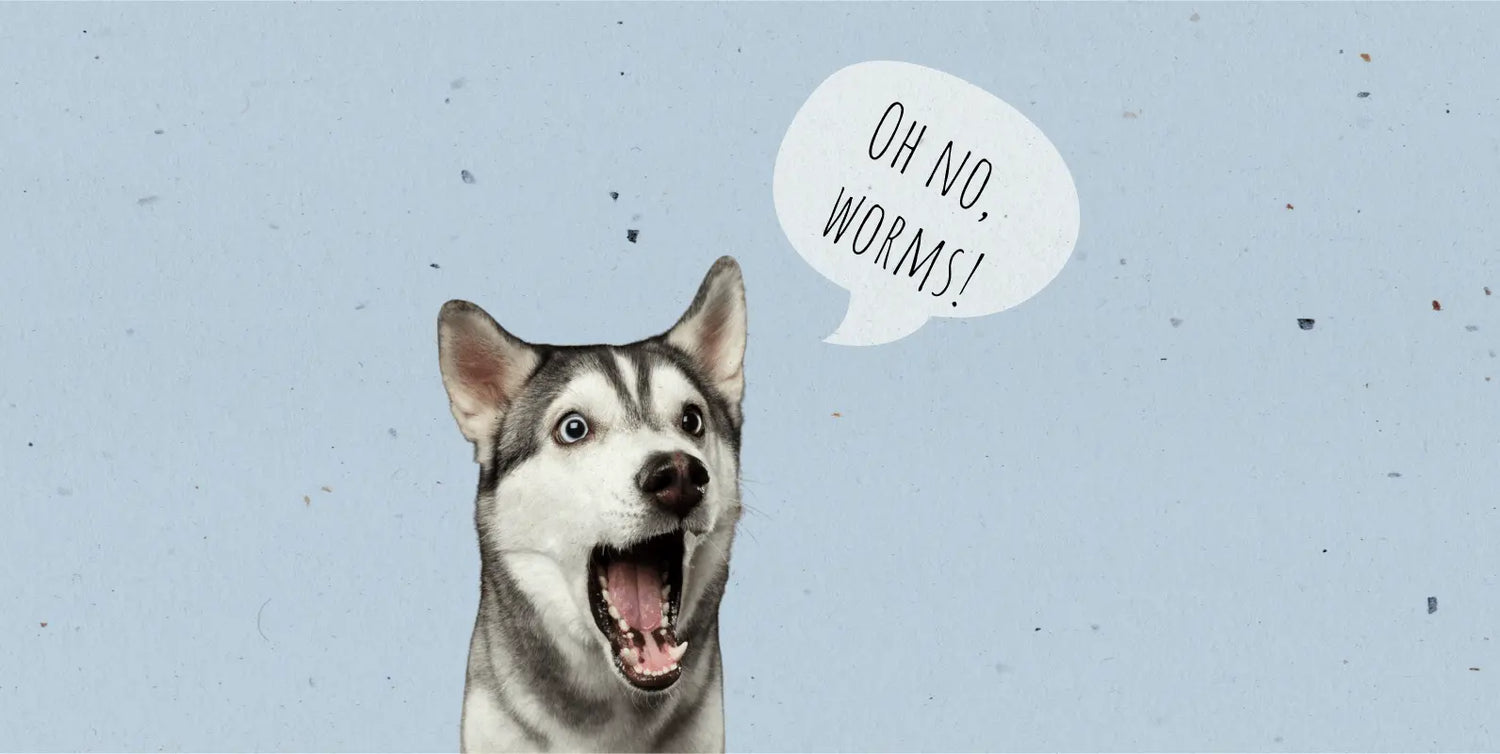


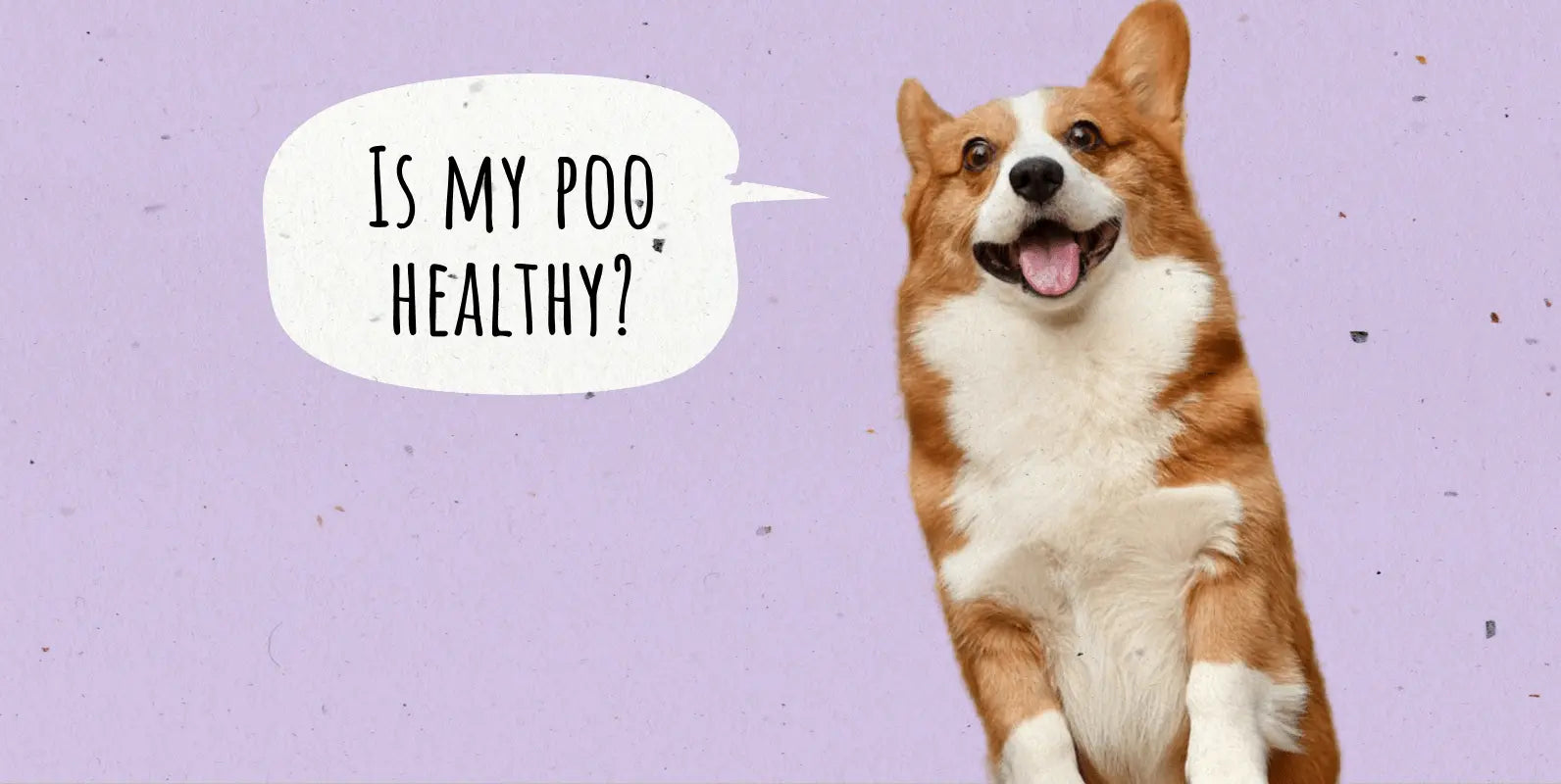
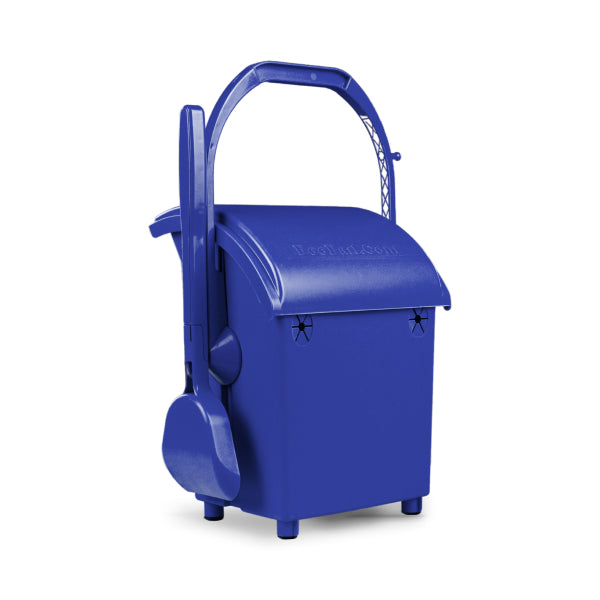
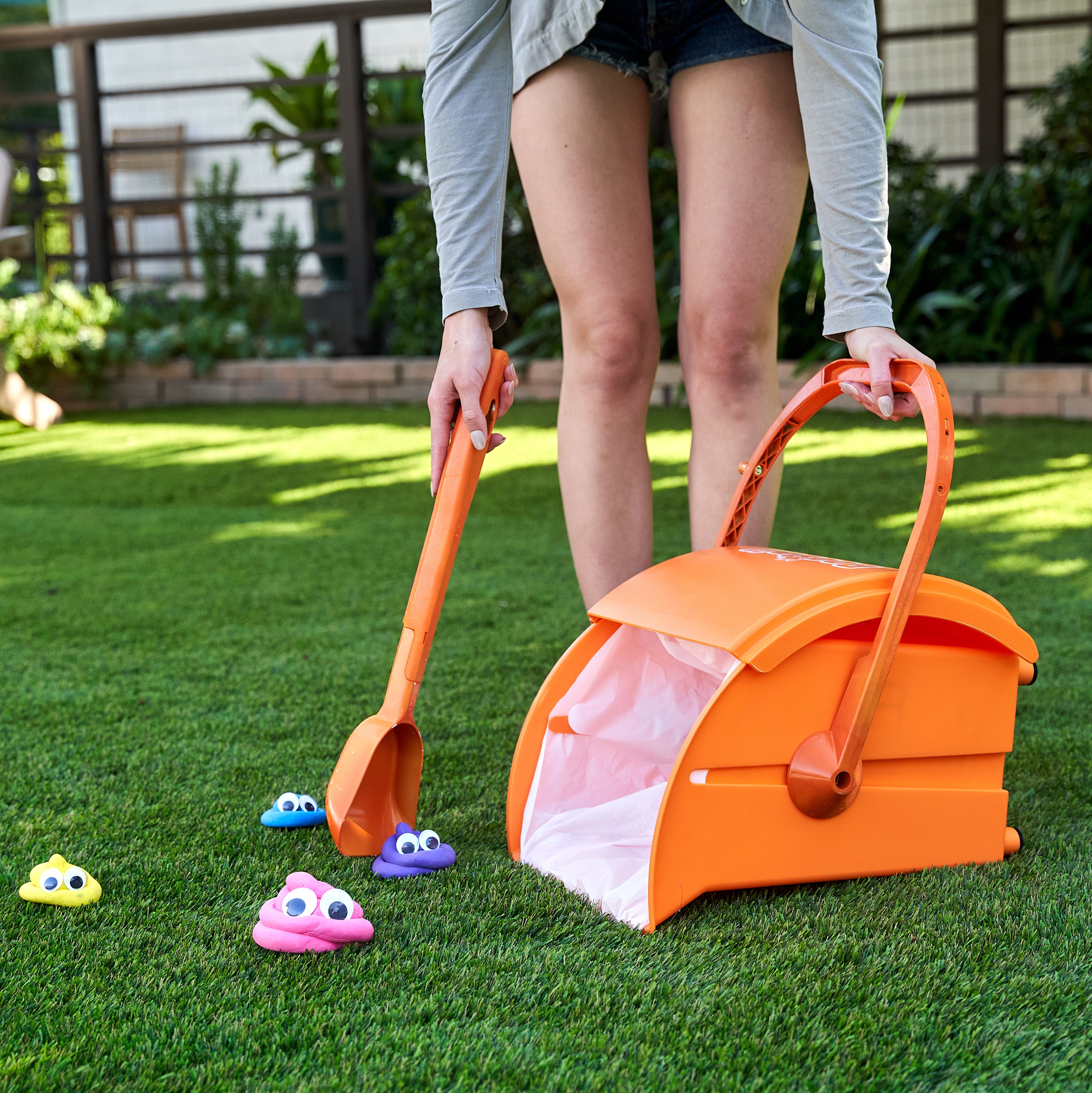
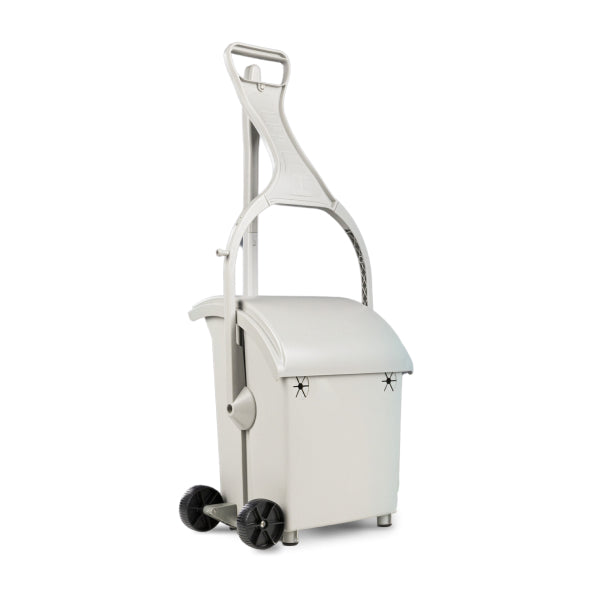
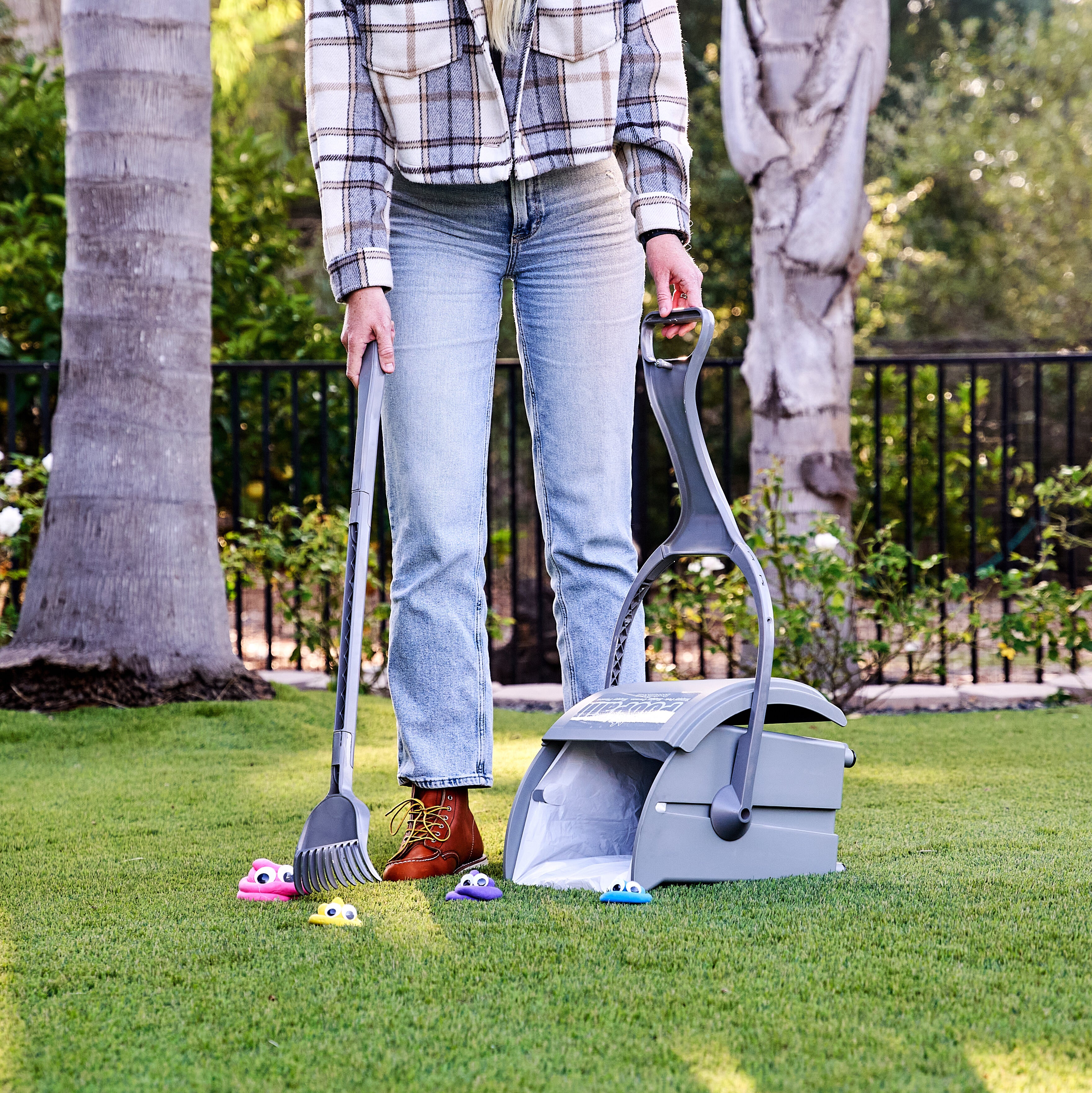
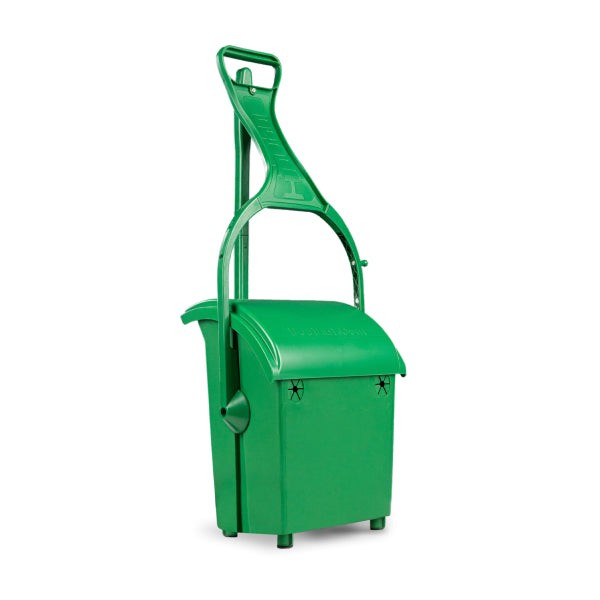
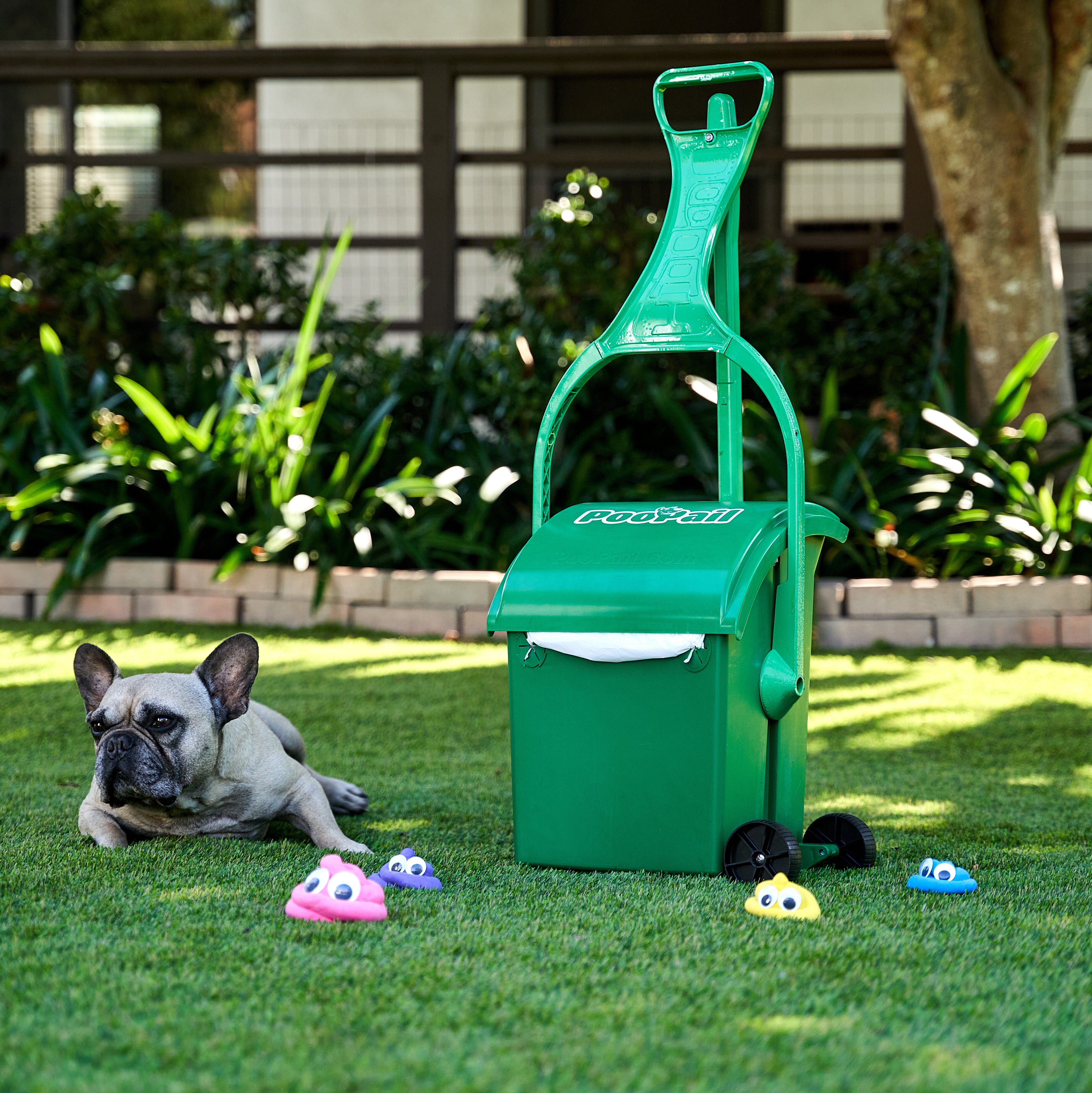


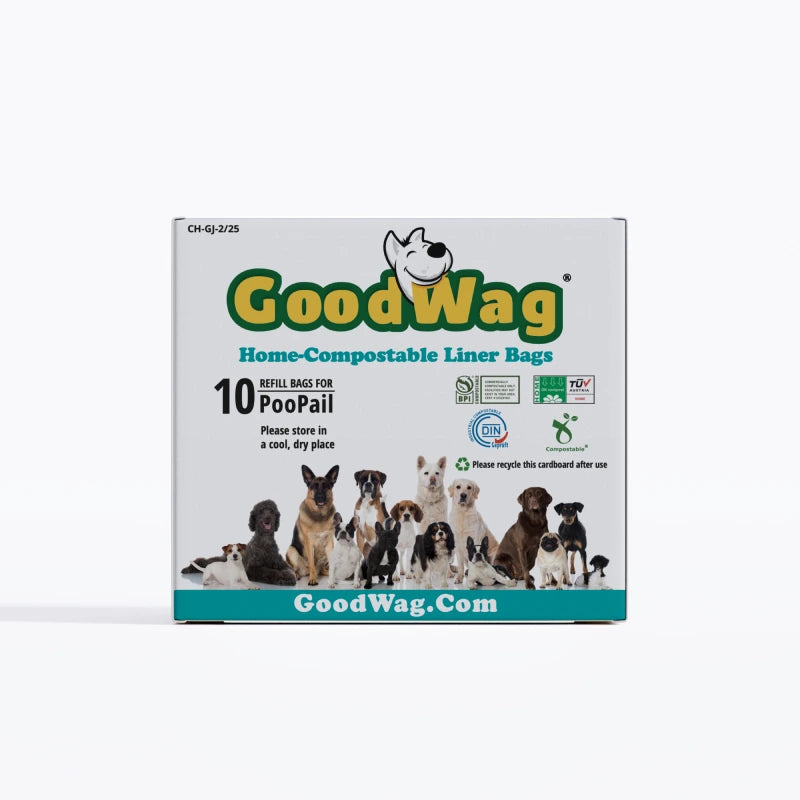
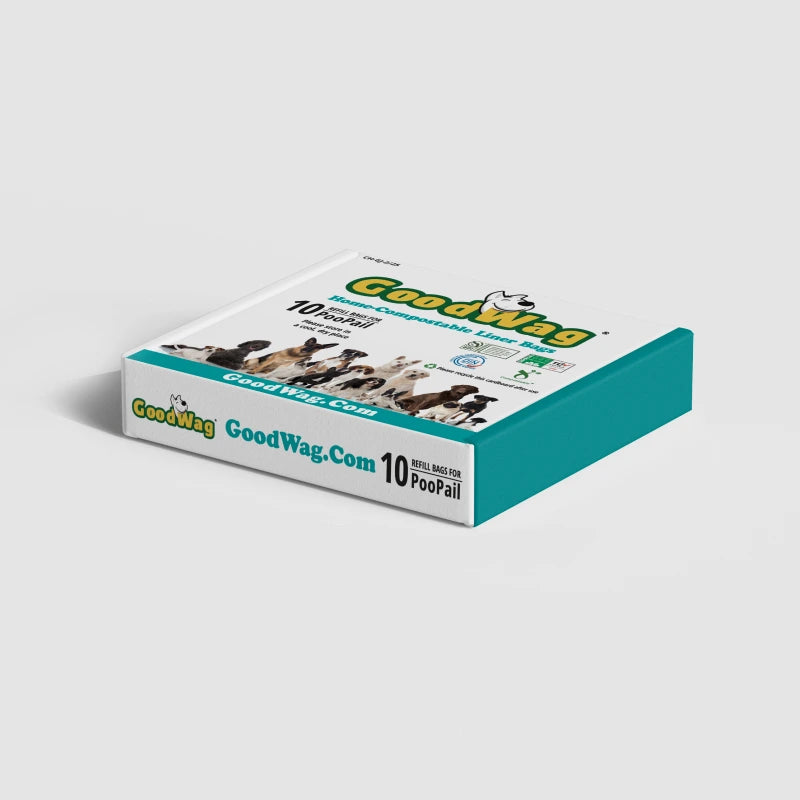
Leave a comment
This site is protected by hCaptcha and the hCaptcha Privacy Policy and Terms of Service apply.